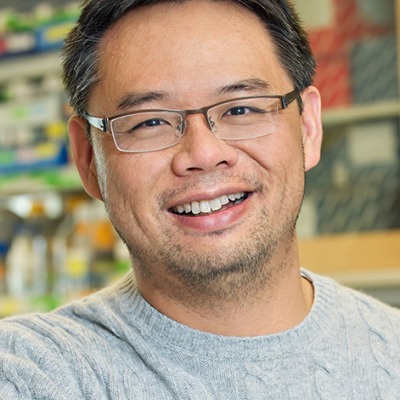Cheng-Yu Lee, Ph.D.


Cheng-Yu Lee uses neural stem cells from the fruit fly Drosophila to study the process of cell self-renewal versus differentiation. By using a combined genetic, biochemical, and genomic approach, Lee wants to understand the specific mechanism of neural stem cells, with implications for human degenerative diseases like Parkinson's.
Cheng-Yu Lee started his undergraduate study at the University of Maryland, College Park with the intention of entering a medical program and becoming a medical practitioner, a path that changed after being accepted into the undergraduate honors research program in biology working in the laboratory of Soichi Tanda studying the hedgehog (hh) signal transduction pathway in developing Drosophila compound eyes.
This experience sparked his intense desire to understand deeper at the molecular level how a biological structure is formed properly in the context of development. Lee remained at the University of Maryland, College Park for his graduate studies, researching steroid regulation of autophagic programmed cell death in Drosophila in the laboratory of Eric H. Baehrecke.
Following completion of his doctoral thesis, Lee joined the laboratory of Howard Hughes Medical Institute Investigator Chris Q. Doe, a leader in the field of Drosophila neural stem cell biology at the University of Oregon. Lee's post-doctoral research project focused on understanding the molecular mechanisms that allowed neural stem cells (neuroblasts) in flies to choose between self-renewal or differentiation, which was recognized with the Career Award in Biomedical Research by the Burroughs Wellcome Foundation in 2006.
Lee's current research projects focus on understanding the molecular mechanisms by which these newly identified fly genes regulate self-renewal vs. differentiation in fly neuroblasts. In addition, he will test the roles of these fly genes in regulation of vertebrate neural stem cell self-renewal. Lee's long-term goal is identify many signaling pathways expressed in both insect and vertebrate neural stem cells, and contribute to our understanding of neural stem cells in birth defects, regenerative medicine and cancer biology.